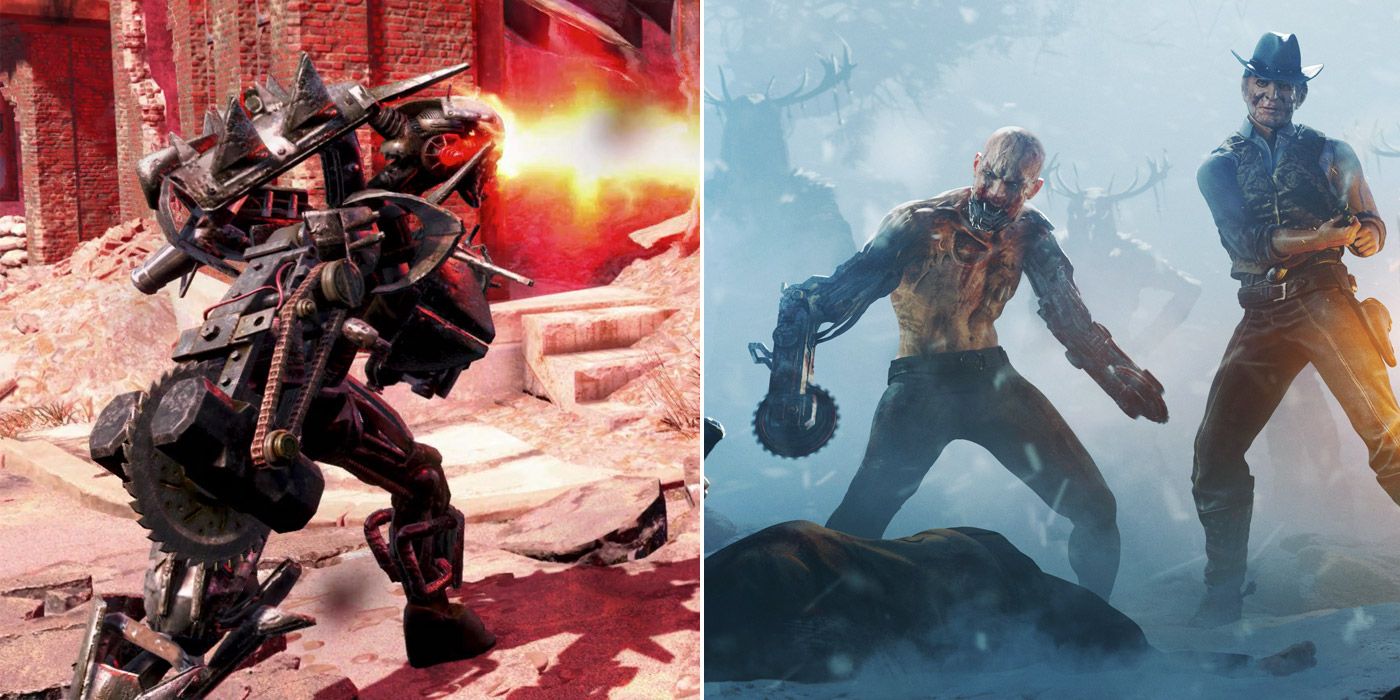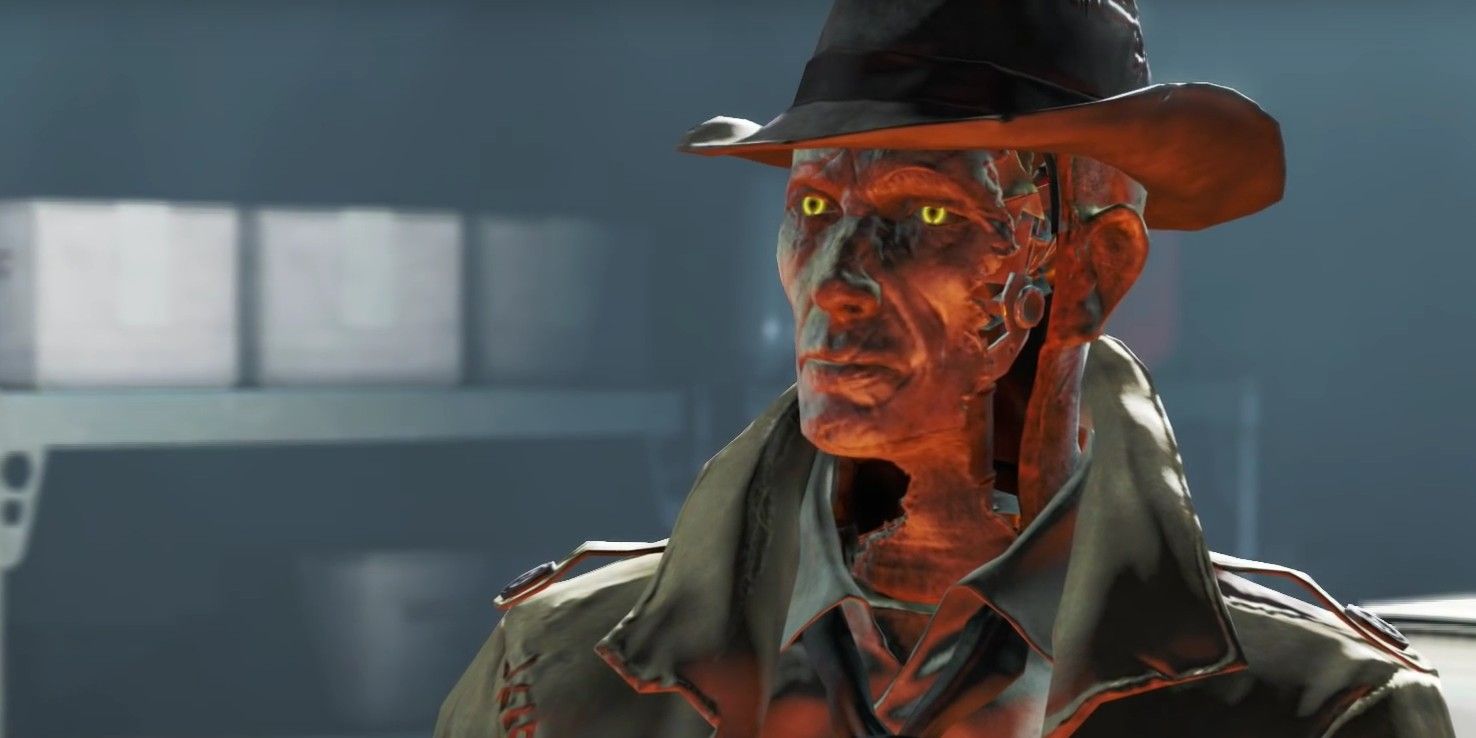What does it mean to be a thinking machine in a human world? It's a very common question among sci-fi writers and a favorite topic of the genre. Humans have had all kinds of relationships with robots, from relative equality to one ruling over the other. Lots of story tellers opt for veins where humans and mechanical beings are in conflict with each other, a reliable area for video games to explore. Any sci-fi player can think of a time that they had to tear through some sort of mechanical menace for the greater good; however, not every robot comes in hulking, inhuman forms like the Loaders from Borderlands.
In fact, some of them are intentionally very human, such as synths, and these uncanny androids have gotten some fame for appearances in games like Wasteland 3 and Fallout 4. Even though synths can oftentimes appear incredibly human and live in disguise, they're also framed as incredible skilled and ruthless killing machines, unfettered by human weaknesses and focused solely on the task at hand. As alien as that may make them seem, however, there's also something very human about synths that make them terribly complicated. It's another common sci-fi thread that authors make the audience ask if thinking machines are people; Wasteland and Fallout set out to do the very same thing.
Synth Behaviors
The Wasteland series has put a lot of focus on synths in conflict with humans. Wasteland 2 had a synth as its main antagonist, and they're still around in Wasteland 3. There's one particular quest that does well examining synth behavior, as well as their complicated relationship with humans. The player can meet Wolfe from Wasteland 2, who's still hunting synths, and he'll ask the player to help him find a couple. It's up to the player whether they kill them or let them go every time. In the process, they'll sometimes learn the synth doesn't want the situation to escalate to violence. Or It killed in self defense and tries to hide even when the player knows where it is. There's some distinctly human self-preservation instincts there.
Fallout is a little newer to synths than Wasteland, but synths play a very important role in Fallout 4. The Institute's androids can appear as highly human figures or deadly enemies. As enemies, they are generally uncanny and mannequin-like, lacking in expression but objective driven. Synths are humanized in Fallout 4 when the player has to choose whether to spare them from human wrath or to kill them to protect humanity. In addition, the player can develop a close bond with Nick Valentine, a synth companion with a human's memories and turbulent feelings about his nature. It's clear that synths are extremely complicated.
The Human Element
Both games represent synths in a really broad range. Even though they can be threats to the player, they can just as easily be victims of human persecution. All things considered, the human side of things largely defines a synth's nature. Some types of synths are hollow, designed for killing and intentionally devoid of feelings or doubts. These synths are intended to be tools, and as entities, they're a far cry from synths that have feelings and memories installed. Feeling synths really don't differ from humans at all -- they're designed to be people, so even if they're artificial, they simply are people. They can think, care, and believe just like any human can.
But are the 'tool' synths totally inhuman? One doesn't get the opportunity to spare and befriend most of the minions of the Institute that Fallout 4 pits one against. Frankly, it seems that any sufficiently advanced synth capable of storing memories and learning human behaviors is worth considering a person. In a way, these empty synths are just highly skilled babies, capable of all kinds of things but very new to human behavior. Just like any child, a 'tool' synth given the chance to learn about people and develop independent thought and empathy doesn't become a person -- it was already a person to begin with.
Fallout 4 and Wasteland 3 are available for PC, PS4, and Xbox One.



